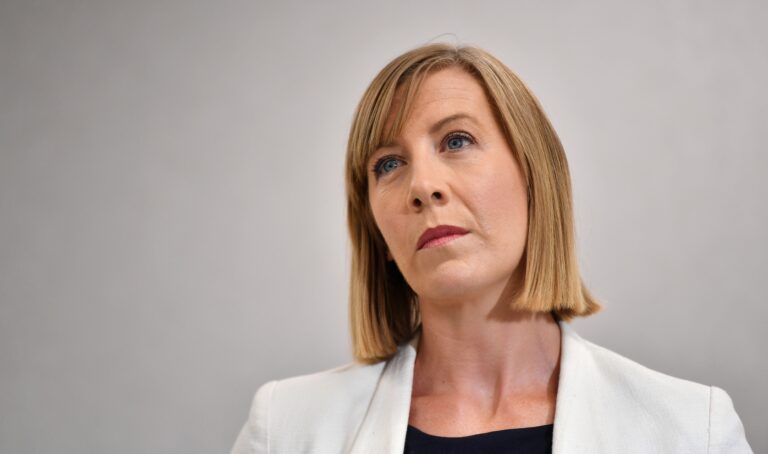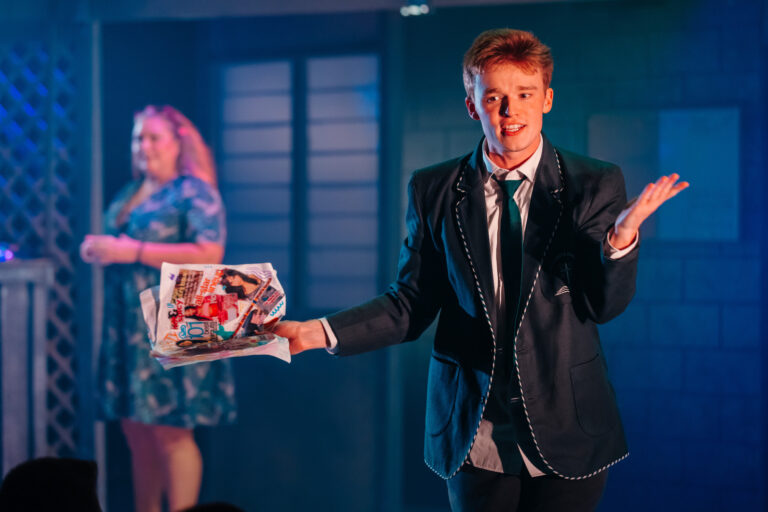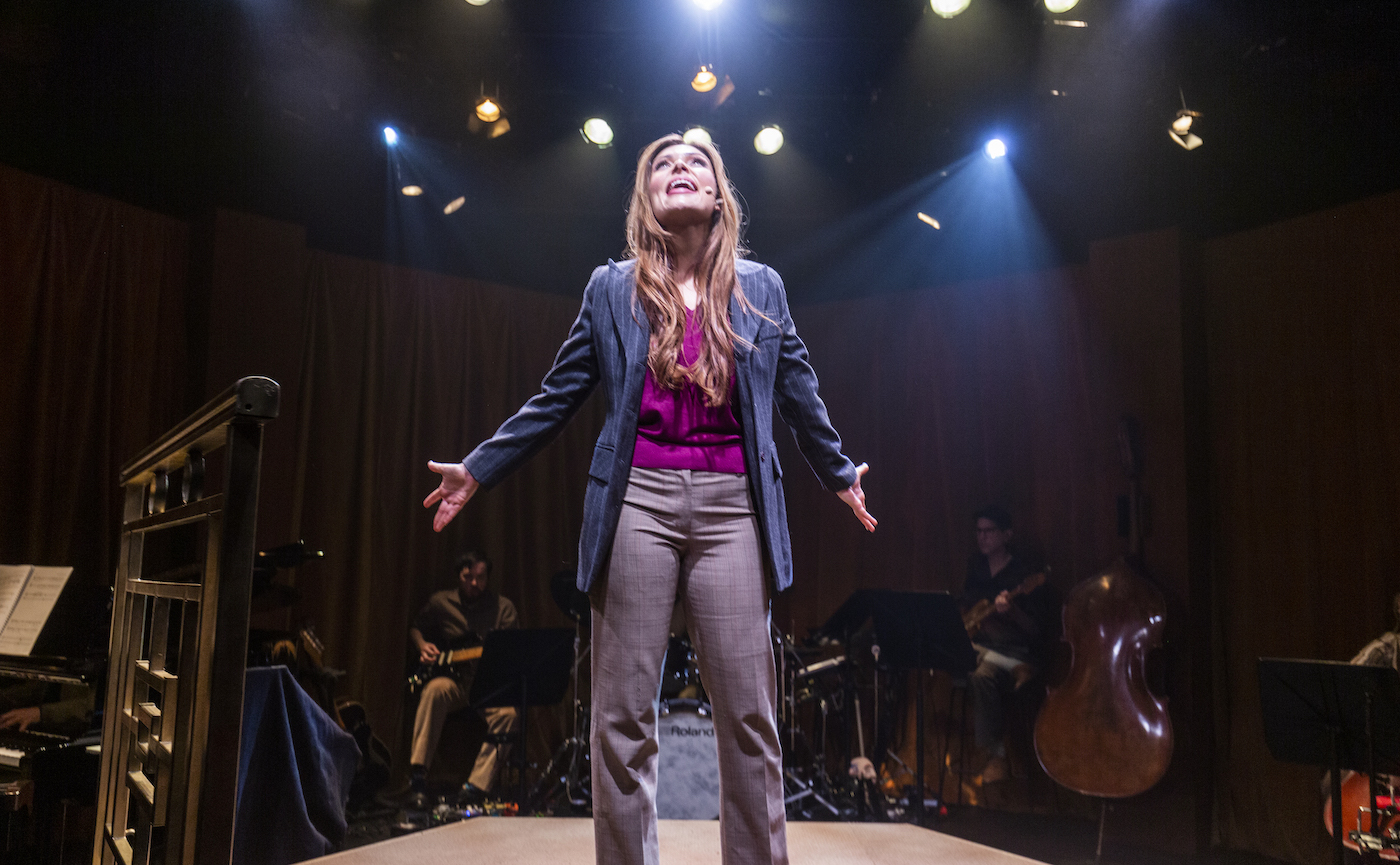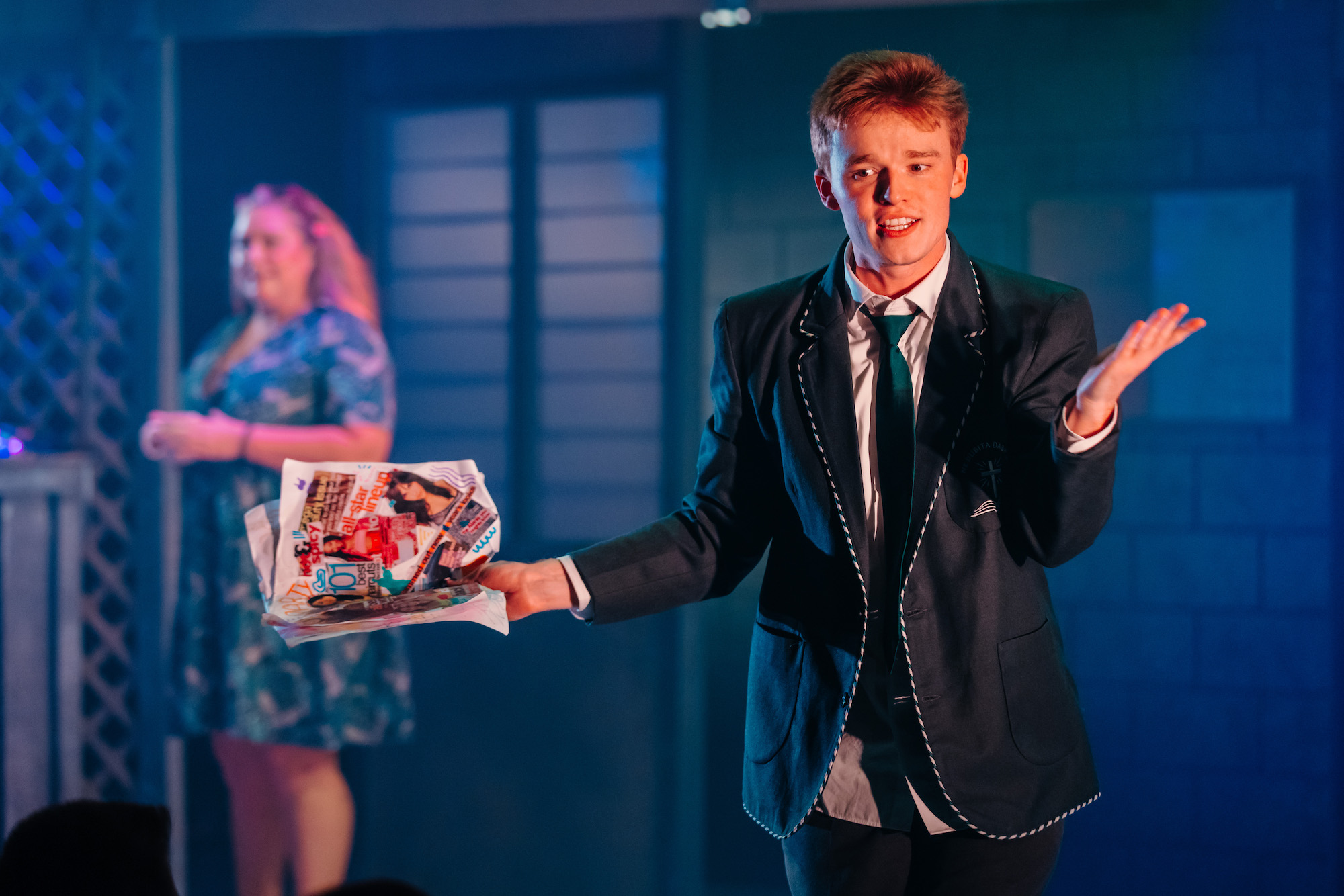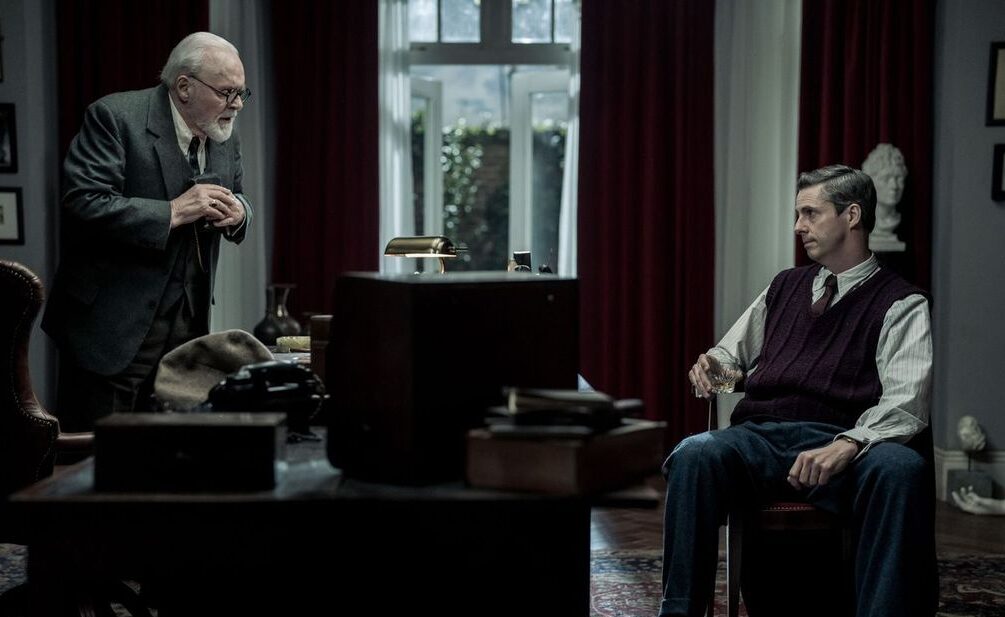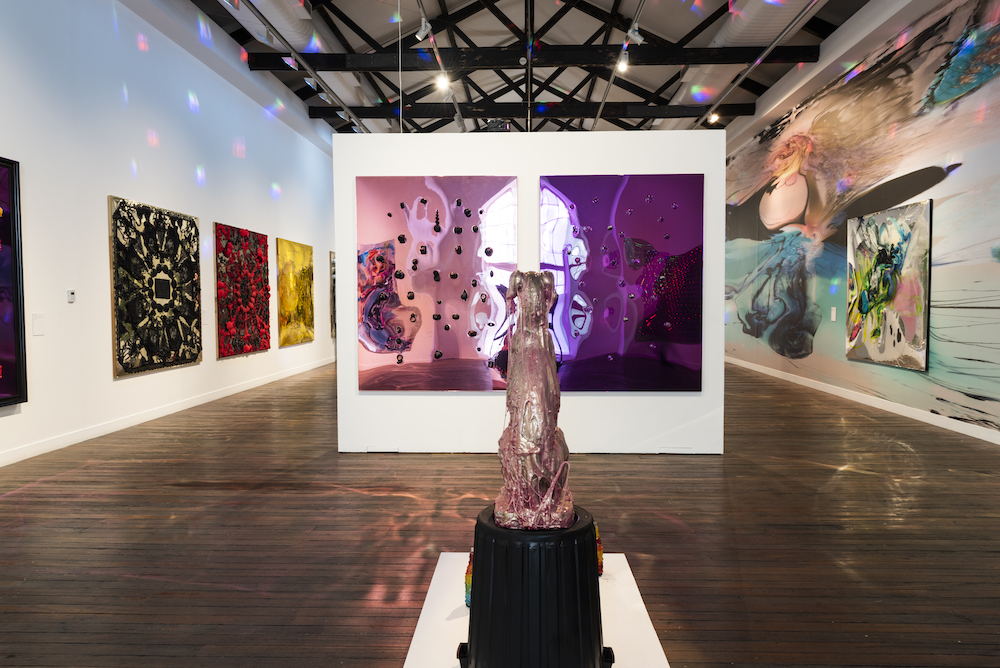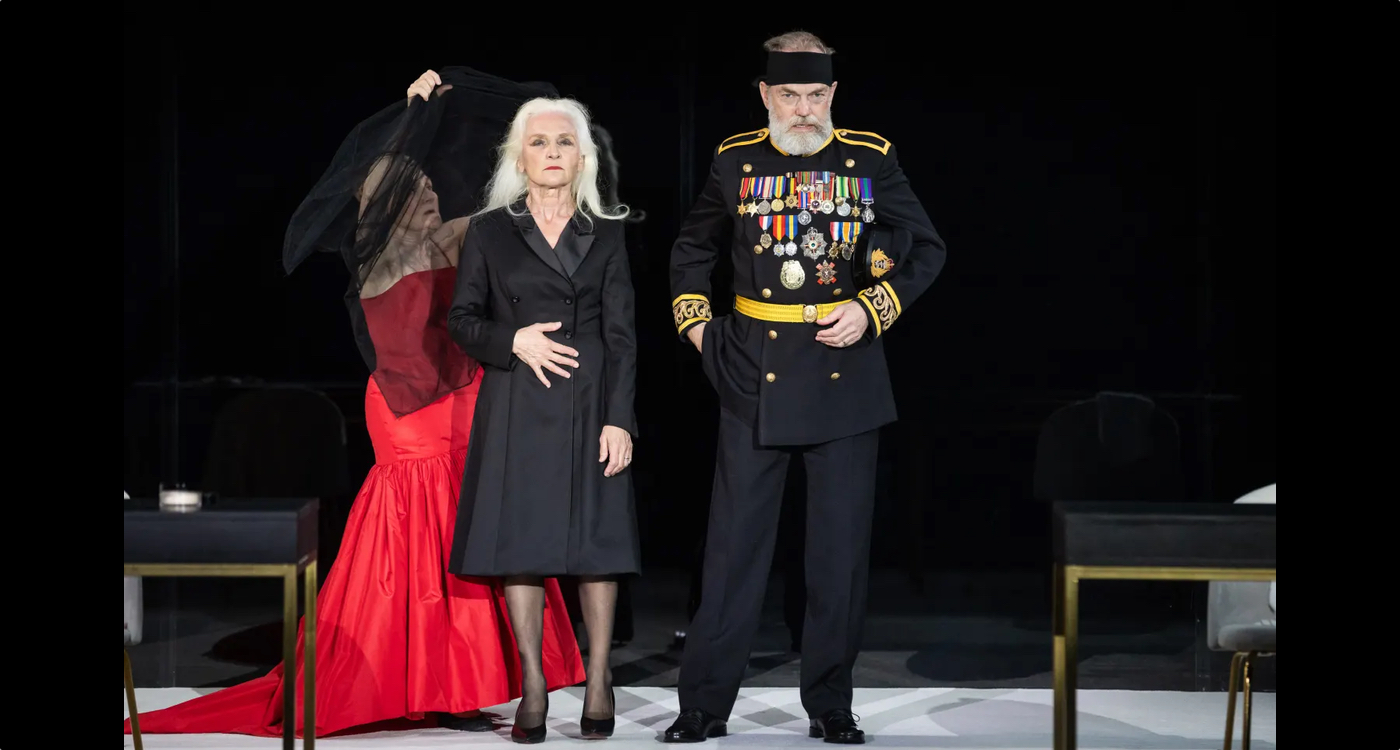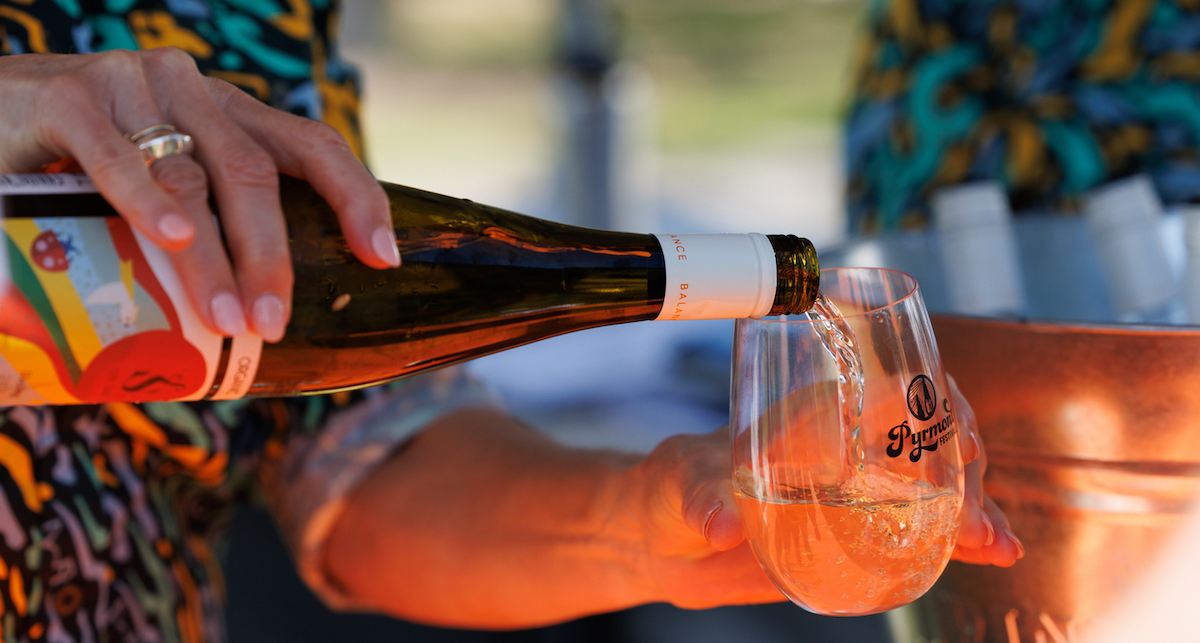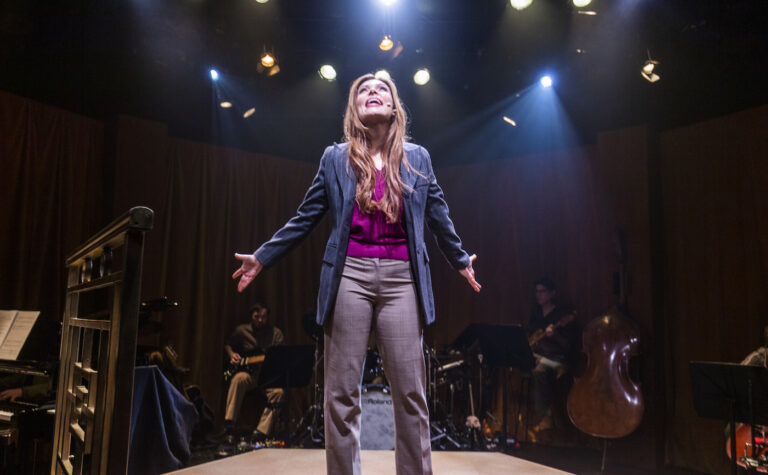
Black Lives Matter

By Rita Bratovich
When George Zimmerman was acquitted of killing unarmed black teenager Trayvon Martin in 2013, America’s entire Black population responded with anger, disbelief and disillusion. Three women – Alicia Garza, Patrisse Cullors, and Opal Tometi distilled the nation’s sentiments into a potent three-word phrase, shared as the hashtag: #BlackLivesMatter. The following year, the unpunished police killings of Michael Brown in Ferguson and Eric Garner in New York inflamed Black Americans, and Black Lives Matter went from a protest cry to a movement.
The Black Lives Matter (BLM) Network is now a decentralised global entity with over 40 chapters. It has just been awarded the 2017 Sydney Peace Prize – the first time the prize has been given to an organisation and not an individual. Lisa Fennis, Director of Sydney Peace Foundation who awards the prize, explains why.
“Substantive change comes from transformation – transforming people, norms, culture, laws, institutions and power structures… Whilst individuals can have great impact, nobody does that on his or her own… Sustained people power is crucial, and a network or movement is more resilient and sustainable if it is powered by the many, rather than reliant on a single, or few established and charismatic leaders.”
The internationally recognised prize was established in 1998 by Sydney Peace Foundation, a not-for-profit principally supported by University of Sydney and City of Sydney. Previous recipients include Naomi Klein, Archbishop Desmond Tutu, Mary Robinson, Noam Chomsky, Julian Burnside and Pat Dodson. The prize is also awarded to lesser known champions of peace who can benefit greatly from the esteem.
Awardees are asked to come to Sydney to receive the prize and give a lecture and the three co-founders of BLM, Garza, Cullors, and Tometi will accept the prize on behalf of the BLM Network and give a talk at a ceremony to be held at Sydney Town Hall.
The tenets of the BLM movement clearly have resonance in Australia.
While Fennis says we should be careful not to homogenise the issues of black people around the world, she acknowledges commonalities.
“Even though the roots aren’t the same, the human rights issue is, particularly when it comes to the racism that underlies jailing, policing, inequality, and poverty.”
And she shares some sobering statistics:
“In the US, more black people are locked up in prison than were enslaved. Here in Australia, Aboriginal people are the most incarcerated people in the world. Aboriginal children are taken from their parents at a rate four times as often than during the Stolen Generation. In Western Australia, Indigenous suicides are eight times the national rate, and children as young as eight years old are taking their lives. This is by all standards an international crisis.”
BLM co-founder, Garza, remarked after a previous visit to Australia.
“People in Australia tend to highlight how big BLM is in the States, but Australia has some serious, serious issues around black lives mattering.”
Part of the problem for the Australian black community is that the general population has a lack of knowledge – or reluctance to accept – Australia’s own egregious history of human rights abuse.
One story that is rarely told is that of the kidnap and enslavement of Pacific Islanders from the mid 1800s in a practice known as “blackbirding.”
Emelda Davis is President of Australian South Sea Islanders – Port Jackson (ASSIPJ), an organisation that advocates for recognition and support for descendants of those Islanders. Her own grandfather was taken from his home in Vanuatu and brought to Australia at the age of twelve.
“A lot of people, including the politicians, have not been aware of the blackbird trade in Australia,” says Davis. She describes the conversation she had with Member for Sydney, Alex Greenwich in which he was embarrassed and appalled by his own ignorance of the story. In 2013, he tabled a motion to recognise the atrocity and take measures to assist descendants. However, little has happened since.
Up to 60,000 Pacific Islanders from Vanuatu, the Solomon Islands, Fiji, Papua New Guinea and many other islands were kidnapped or coerced into boarding ships from mid 1800 to 1903. Slavery had already been abolished by the British Empire, but entrepreneur Ben Boyd, who was responsible for much of the blackbirding, had his unwitting captives sign indentures. This along with the minuscule pay they received meant that, technically, the Islanders weren’t slaves, although by every other definition they undeniably were.
Initially they were brought to Eden on the northern NSW coast to work in the whaling industry, but eventually the majority were taken to the sugar cane fields in Queensland. This forced labour helped establish Australia as one of the leading producers of sugar. Ironically, the practice ended in 1901 with the introduction of the White Australia Policy and the consequent mass deportation of Islanders.
Davis would like this history to be taught in schools alongside Aboriginal and Torres Strait Islander studies with whom Islanders feel an affinity.
“It’s very confronting but this is the truth of the nation and we need to tell that truth.”
During the week long visit by the BLM founders, ASSIPJ will host talks on murders in custody and have family members of victims meet with the founders to discuss ways in which they can work together.
“We totally align with the BLM movement simply because we are people of colour… A lot of our people have looked to America in a lot of ways – in leading the Black Panther movement, the Civil Rights movement…”
As Davis sees it, “We are one mob.”
Zachary Wone has been active with ASSIPJ for the last three years as well as being Secretary of Maritime Union Australia, Sydney Branch, Aboriginal Torres Strait Islanders committee. The committee represents Black workers in the maritime industry. Wone points out a unique problem for Australian South Sea Islanders; they are neither indigenous people, nor immigrants and as such, they fall between cracks when it comes to services and government programs.
“We have to keep retelling the story, and retelling the story…” says Wone.
In Queensland the Islander community is bigger and their union is getting stronger but there is a long way to go for recognition and justice. Wone feels encouraged by the BLM movement.
“For us watching from Australia we were very inspired by what BLM was able to do – bring back greater attention for issues that have really been there for centuries.”
He’s particularly impressed with the way BLM has been able to connect with and mobilise a younger generation of activists.
2017 City of Sydney Peace Prize Lecture & Award Ceremony.
Nov 2, 5:30-8pm. Sydney Town Hall, 483 George St, Sydney. $25-$45.
www.sydneypeacefoundation.org.au
www.assipj.com.au
www.blacklivesmatter.com
